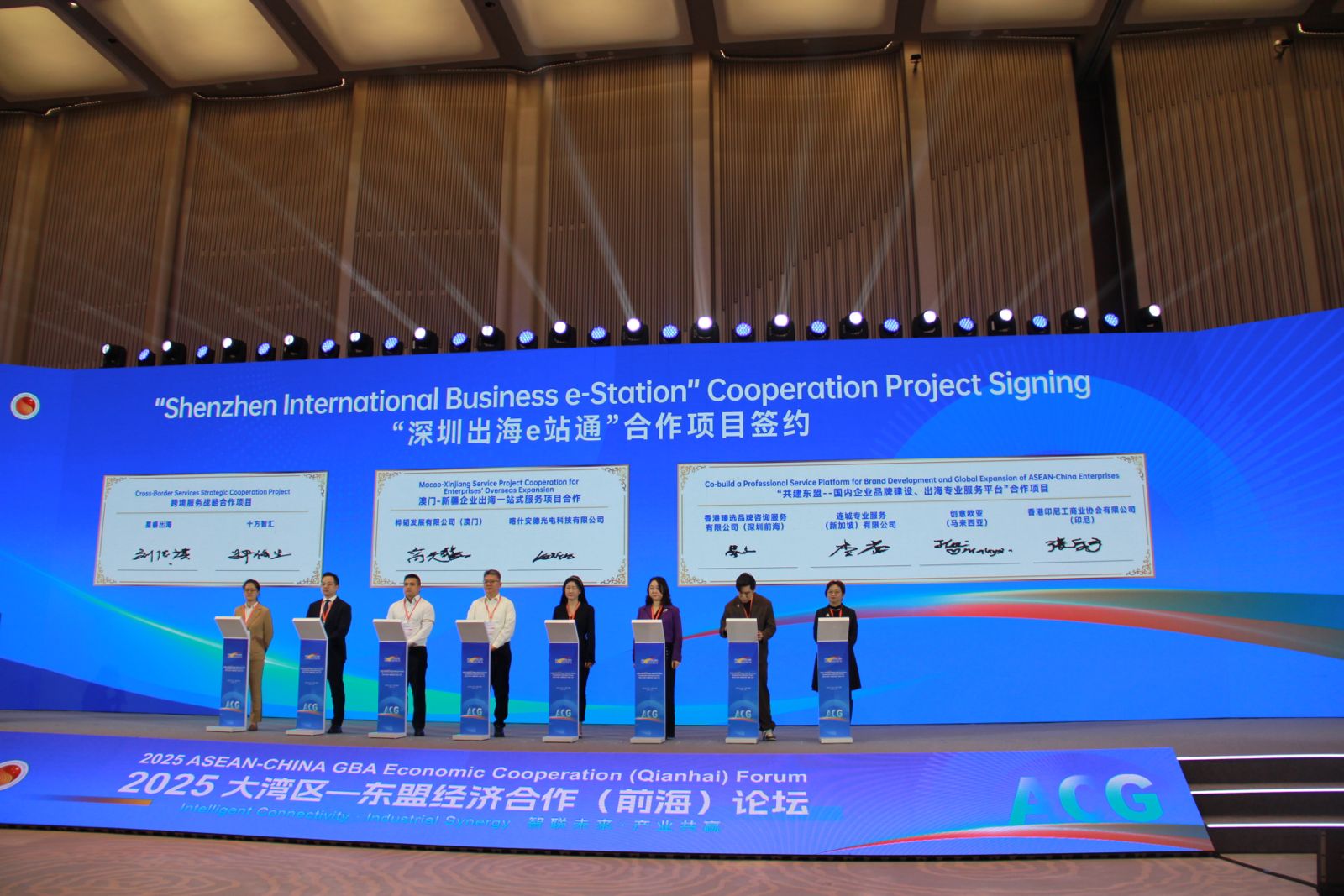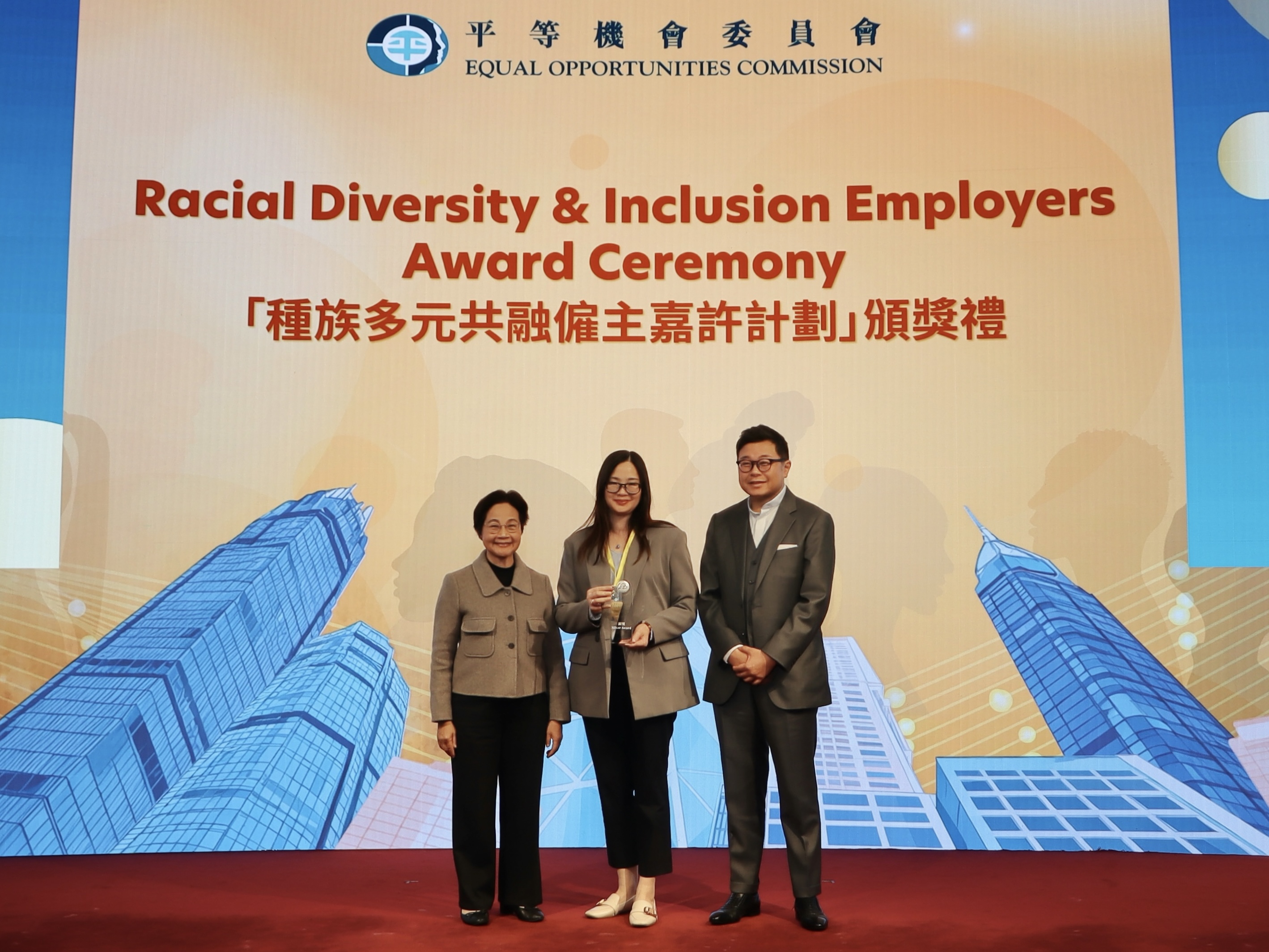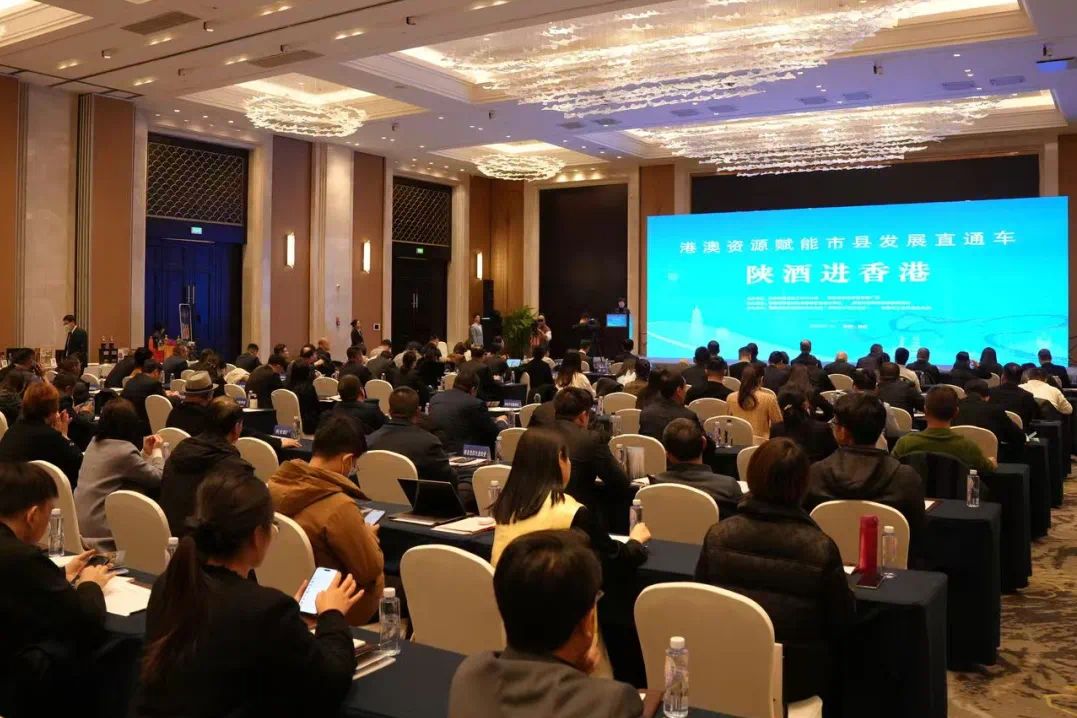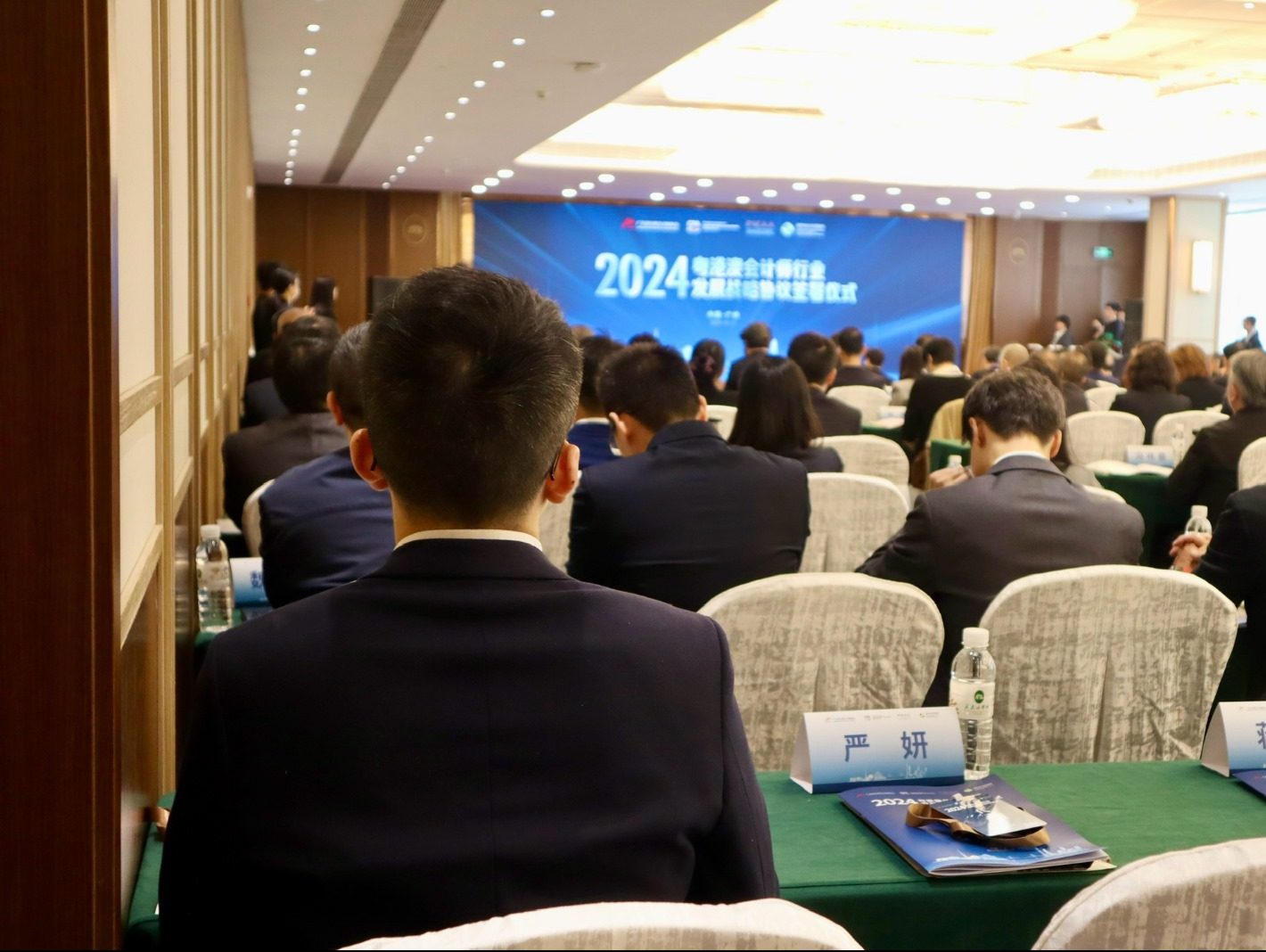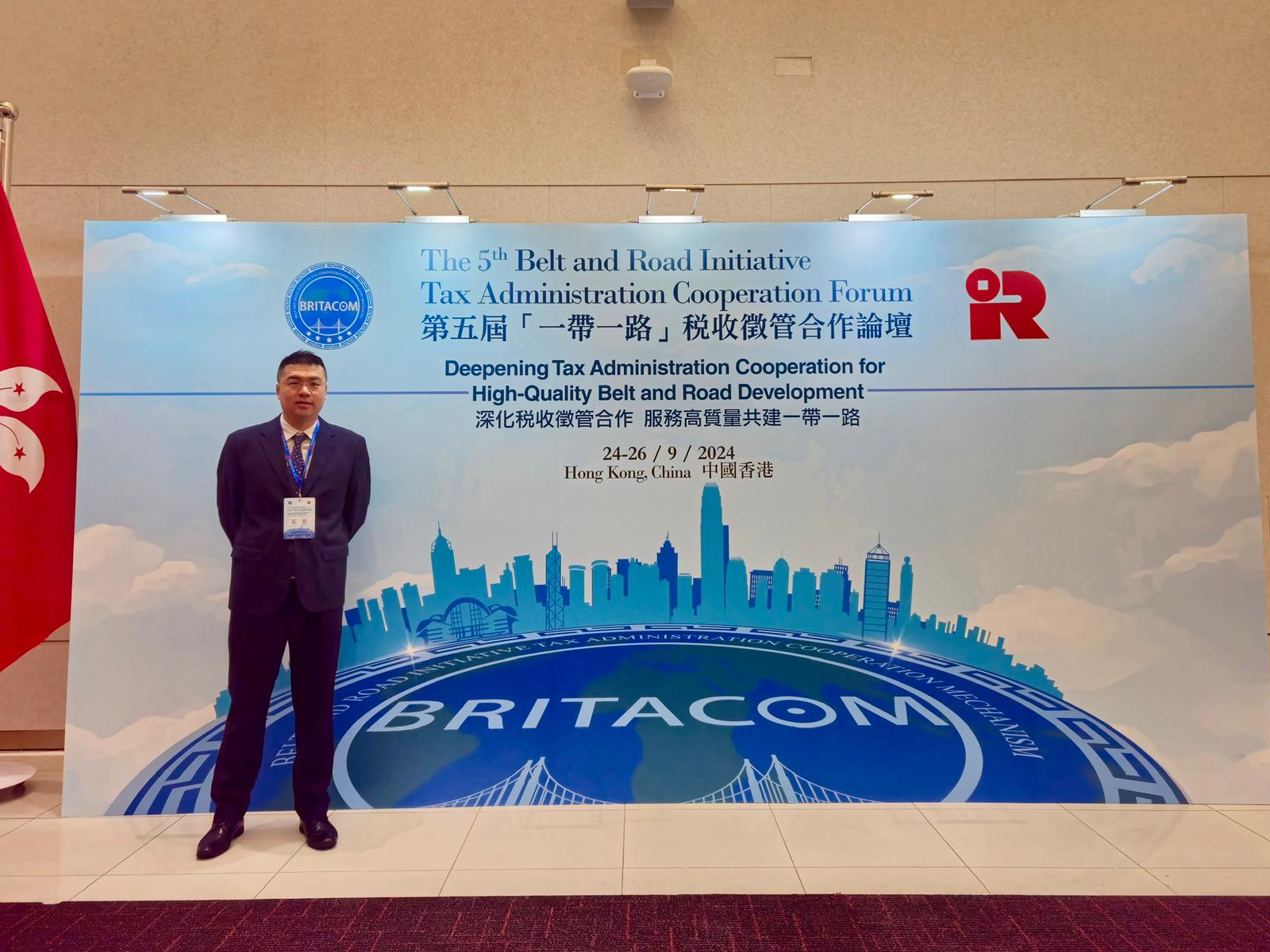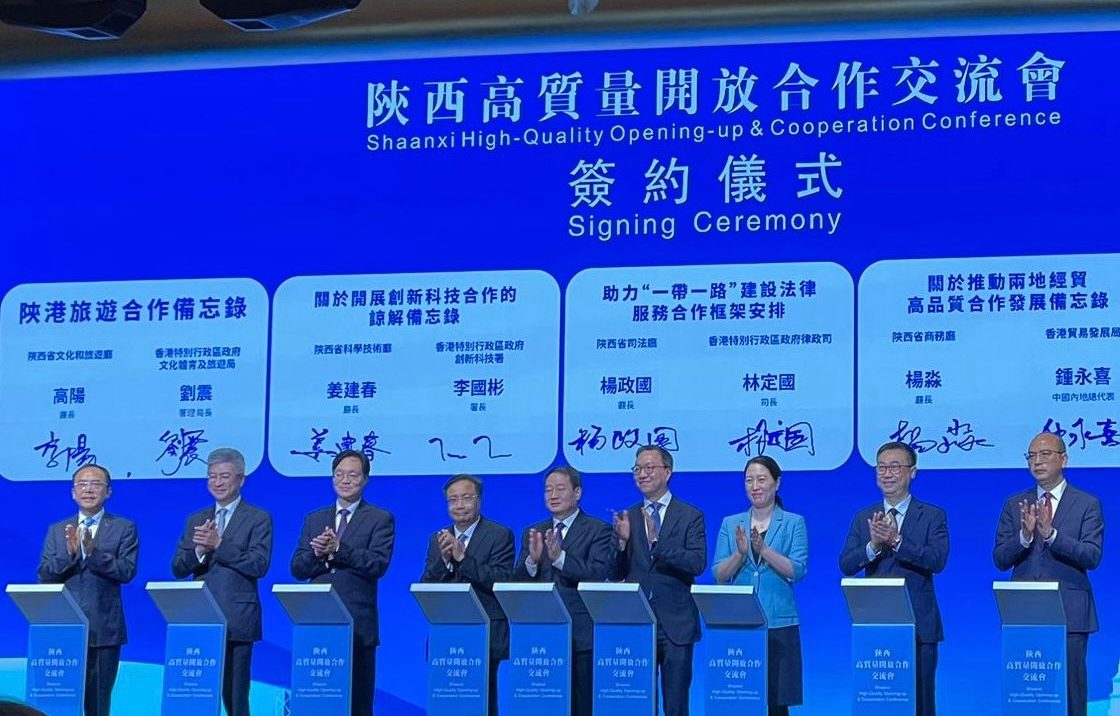
ESG Reporting in Hong Kong Edges Up
ESG reporting among Hong Kong listed companies increased to 141 or 7.5% this year, from 4.5% in 2021, according to a study conducted by the Hong Kong Institute of Certified Public Accountants (“HKICPA”); a total of 1,882 public companies were surveyed.
While moving in a positive direction, the slow progress is due to the voluntary nature of adoption, costs and the low confidence in ESG data analysis and collection as well as the tendency of businesses to adopt a “wait and see” approach.
However, there was significant jump in ESG reporting among the 137 large-capitalization firms with market capitalization of HK$38 billion (US$4.86 billion) or more, from just over 20% of these companies in 2021 conducting ESG assurance to more than 41% in 2023, i.e., more than double the percentage in the previous study.
ESG assurance is not mandatory for listed companies in most jurisdictions, including Hong Kong; yet with the requirements and expectations on ESG reporting continually being raised, investors and stakeholders are looking for more reliable, relevant and verifiable data. Good quality assurance of ESG reporting can help fulfil that need, and thus is good corporate governance and investor relations for listed firms. Stakeholders and investors are therefore increasingly factoring in ESG performance into investment decisions.
One challenge so far from the assurers’ perspective is that there has been a lack of widely adopted, harmonized set of international standards for ESG reporting. This situation may change with the recent publication by the International Sustainability Standards Board (ISSB), under the International Financial Reporting Standards framework, according to the HKICPA.
The banking sector has the largest number of firms partaking in ESG assurance, with 29 banks or 21% among the 141 companies. This may be attributable, in part, to the considerable ongoing efforts of Hong Kong’s financial services regulators to promote green and sustainable finance and ESG reporting.
A top-down approach is important, according to the HKICPA, companies should consider engaging a full-time “Qualified Accountant” i.e., an executive director with accounting qualifications, who sits on a committee to support the board in driving ESG strategy and reporting more effectively. This will be increasingly important in the future to facilitate integration of financial and ESG information, as investor-focused sustainability standards become more widely adopted.
Therefore boards of companies that do not currently have ESG assurance should consider the benefits of have one. Through obtaining independent verification of their ESG performance, companies can build credibility and trust with all stakeholders, who will increasingly weigh in ESG factors when deliberating investment decisions.
This also develops good discipline internally, aligning internal corporate processes, decisions, information and data with ESG standards and ultimately boosting competitiveness as ESG factors will have significant impact on companies’ reputation, risk profile, opportunities and their long-term commercial success.




